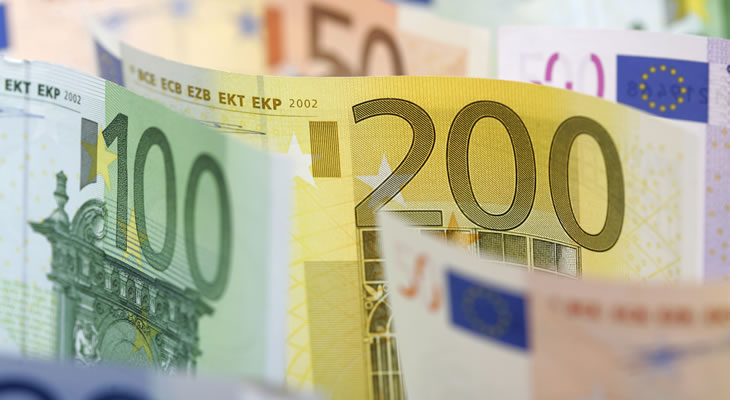As the CBI reported retail sales index pointed towards a slowdown in consumer spending the Pound Euro exchange rate came under renewed pressure.
Sales lost further momentum in December, with the index dipping from 26 to 20, as the impact of the ongoing wage squeeze continues to be felt.
With inflation having picked up to 3.1% in November this added fuel to concerns that consumers will continue to rein in their spending over the coming months.
Given the fact that high levels of consumer spending were a key factor in driving economic growth in the wake of the Brexit vote this naturally discouraged investors.
A weaker showing from the GfK consumer confidence index for December could dent the GBP EUR exchange rate further.
Markets could also be discouraged if the public sector net borrowing figure for November shows a significant uptick in government debt.
Increased borrowing highlights the UK economy’s continued vulnerability to any material deterioration in trade conditions, something that remains a real possibility as Brexit talks continue.
On the other hand, if there is further positive progress on the subject of Brexit this should prevent the Pound from seeing any major softening in the near term.
As analysts at Lloyds Bank noted:
‘Domestically, Brexit has scope to make further headlines, with the House of Commons scheduled to discuss the Brexit Withdrawal Bill following the recent Cabinet meetings on the same subject. This may give the market a better insight into what the UK is aiming for with regard to both the underlying nature of its trading relationship with the EU and any potential transition period. Verbal ping-pong between Brexit Secretary David Davis and EU Chief Negotiator Michel Barnier in recent days has reinforced how difficult these talks are likely to be.’
Euro Strength Falters on Weaker German Price Index
The Euro struggled to capitalise on the muted mood of the Pound, however, as the latest German producer price index data fell short of forecast.
Investors were not impressed to find that price pressures had only risen by 0.1% on the month, rather than 0.2% as forecast.
This suggests that inflationary pressure within the Eurozone’s powerhouse economy is not mounting at the rate that markets would like.
With the odds of any imminent shift in the European Central Bank’s (ECB) policy bias fading the appeal of the single currency diminished.
As a result, the Pound Euro exchange rate was able to hold onto a narrow uptrend on Wednesday afternoon.
Ahead of the weekend, though, the Euro may regain some of its recent strength in response to the Eurozone consumer confidence index for December and January’s German GfK consumer confidence survey.
Any signs of greater optimism are likely to bolster the appeal of the single currency, even though the chances of imminent ECB action remain slim.
Current GBP EUR Interbank Exchange Rates
At the time of writing, the Pound Euro exchange rate was trending narrowly at 1.1303. Meanwhile, the Euro Pound exchange rate was similarly range-bound around 0.8846.


Comments are closed.